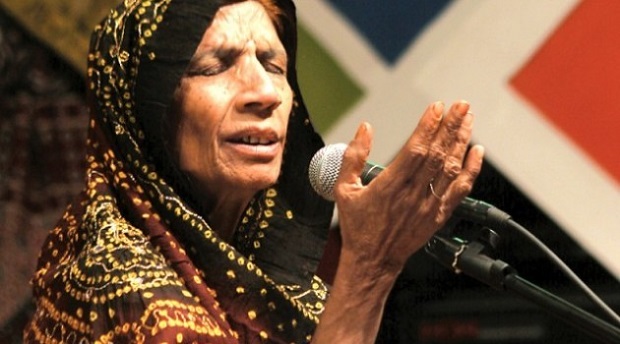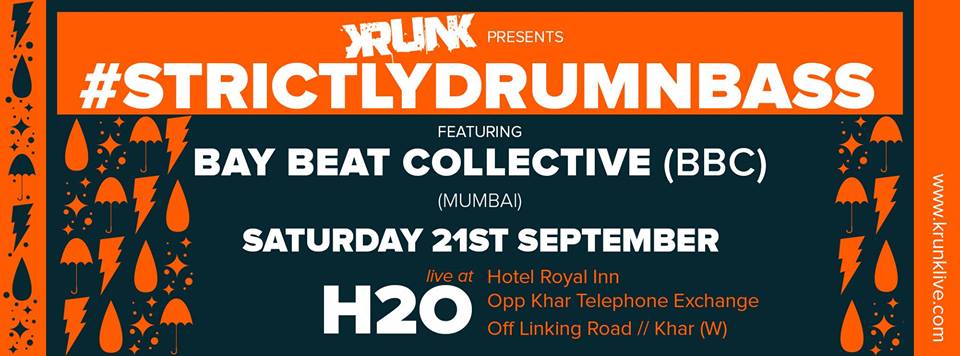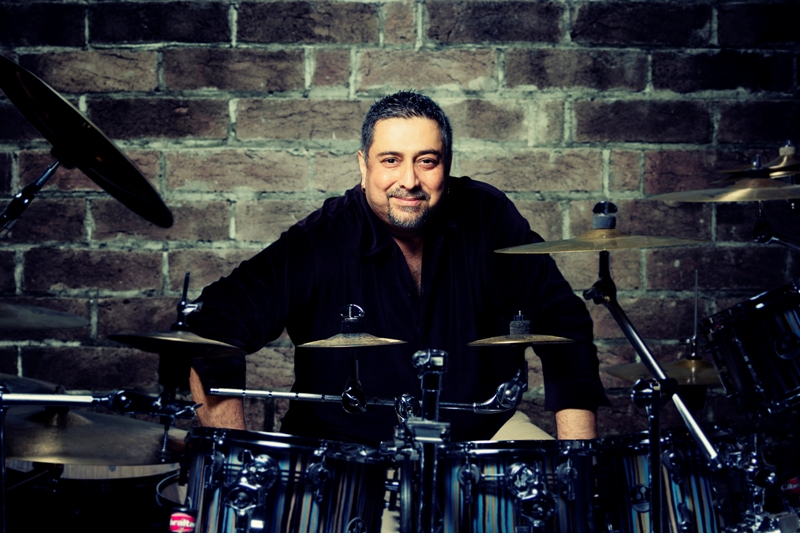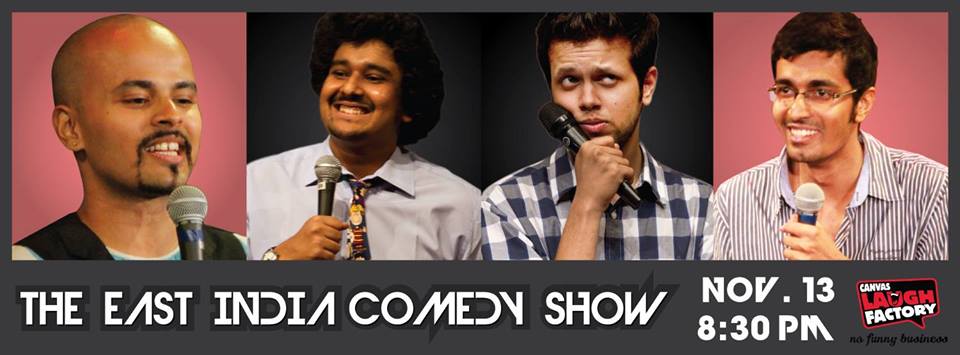
Reshma draped in her signature lahariya dupatta, typical headgear of Rajasthani women
In the evenings, after a long day of managing the household, running around five kids and the usual drill with pots and pans, my Nani (maternal grandmother), would sit back with a cup of tea and let her favourite singer rejuvenate her. The old black LP would softly churn under the pin, and the late Pakistani singer, Reshma’s voice would embrace every nook and corner of the house, filling it with warmth, with nostalgia, with assurance.
Hers was an effect that my Nani would look forward to, and years later, me. Yes we had our nightingales, the legendary Punjabi singer Surinder Kaur and queen of melody, Lata Mangeshkar, but it was the magical pull of Reshma’s voice that stirred every cell in the body. Unlike her softer counterparts, she set the trend for an unconventional tone, one that was raw, rustic, and rooted, a voice that was so grounded and earthy and in many octaves, haunting.
One can credit it to her birth in the desert, Bikaner in Rajasthan. She was just one month old when her family moved across the border, to Pakistan during the Partition of 1947. In spite of the lines of control, Reshma rose to a borderless state, where the only religion that mattered was of music. Honoured with the title of Malika-e-Registan (The Desert Queen), she mesmerized the world with timeless hits like Dama Dam Mast Kalandar, Hai O Rabba, Sun Charkhe Di Mithi Mithi Kook, Wey Main Chori Chori and many more.
But what connected her to this generation was Lambi Judai, and I’d like to credit Subhash Ghai for re-introducing this soulful voice to us. Lambi Judai entered the world of cult classics, the song from the book of love, the voice of pain and separation for lovers.
Here was a woman who came from a very, very humble background, of traders and folk singers who would sell camels for horses across the border. She was born without privilege, at a time when the world was falling apart on both sides. She was neither educated nor well off, and although she could sing, her voice was not girly enough. It was dense, and heavy, sparse and coarse, like the grainy sands of the desert. In spite and despite of all this, she still sang, and with heart, and it reached the heart. She made her place despite the odds.
Reshma, who considered composer Naushad her guru and late actor Pran her “chacha,” rose to a dizzying success, and would often use this position to talk peace between India and Pakistan. Perhaps it was her love for paan that inflicted her with throat cancer, a long and arduous battle she lost on November 3, 2013. She was just 66. Hers is truly a “lambi judaai” many will miss.
Here’s a video of her performing Lambi Judaai during one of her rare performances in the past few years.




























